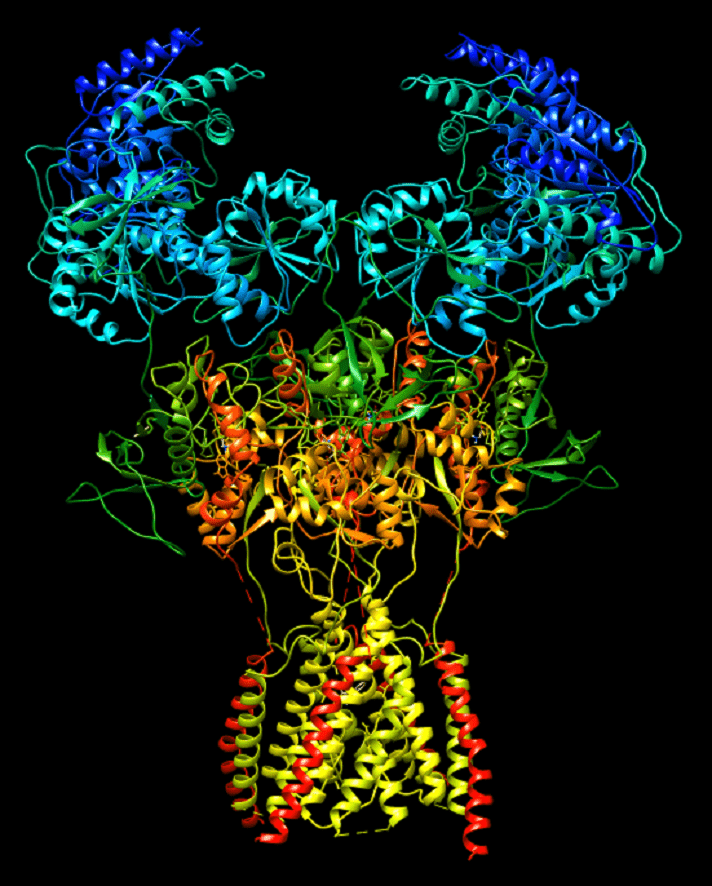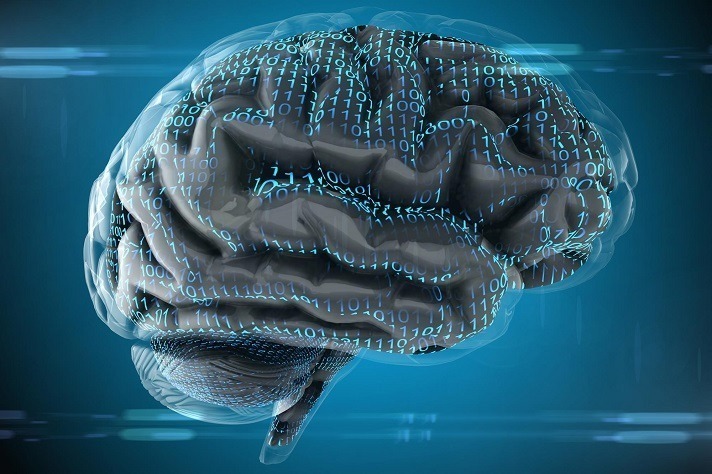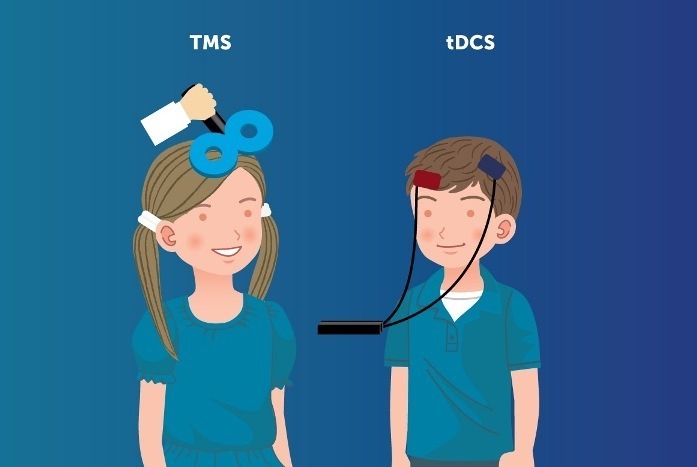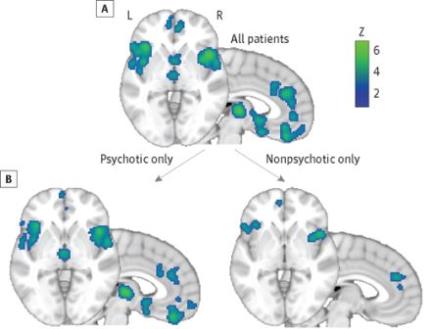Posts Tagged ‘psychiatric disorders’
Study identifies cognitive benefits of ketamine in patients with treatment-resistant depression
Which factors determine what we believe about our world, ourselves, our past, and our future? Cognitive neuroscience suggests that our beliefs are dependent on brain activity, specifically on the way our brains process sensory information in order to make sense of our environment. These beliefs (defined as probability estimates) are central to our brain’s predictive…
Read MoreDebunking four myths about decision-making capacity to keep Britney Spears and others safe
Britney Spears’ impassioned remarks in court have raised many questions about conservatorships, including when they’re necessary and whether they effectively protect someone’s best interests. When one loses the capacity to make decisions for oneself the court appoints a guardian, or conservator, to make those decisions. Appointing someone to make decisions about personal and financial matters…
Read MoreInitial study finds promise and limitations in using virtual reality (VR) to treat ADHD
___ Given the limitations of existing evidence-based ADHD treatments, i.e., stimulant medication and behavior therapy — research on novel intervention approaches continues to be important. Cognitive training is one such approach that has been suggested as a potential adjunct or even replacement for medication treatment. While cognitive training takes different forms, e.g., computerized attention training,…
Read MoreJan Samzelius, CEO of Brainnovations Winner NeuraMetrix, encourages pioneers to focus on “simple, elegant solutions to big problems”
What surprised you the most from the Judges’ questions and feedback during the Brainnovations Pitch Contest last month? Even with only a brief presentation the judges immediately got the potential impact of our technology to measure and monitor brain health and began to think about other applications for us – several we had not thought about. That…
Read MoreNon-invasive brain stimulation in children creates opportunities and risks
Brain Stimulation in Children Spurs Hope—and Concern (Scientific American): “The idea of using magnets or electric currents to treat psychiatric or learning disorders — or just to enhance cognition — has generated a flurry of excitement over the past ten years. The technique is thought to work by activating neural circuits or by making it…
Read MoreQ: What do people with schizophrenia, bipolar disorder, depression, addiction, obsessive-compulsive disorder, and anxiety have in common? A: A brain with similar gray-matter loss
. Different mental disorders cause same brain-matter loss, study finds (press release): “A meta-analysis of 193 brain-imaging studies shows similar gray-matter loss in the brains of people with diagnoses as different as schizophrenia, depression and addiction…The findings call into question a longstanding tendency to distinguish psychiatric disorders chiefly by their symptoms rather than their underlying…
Read More





